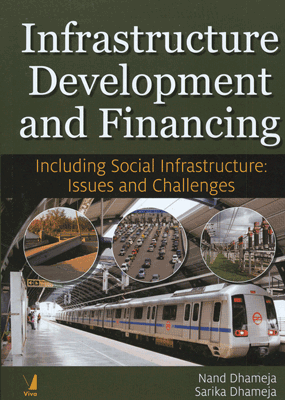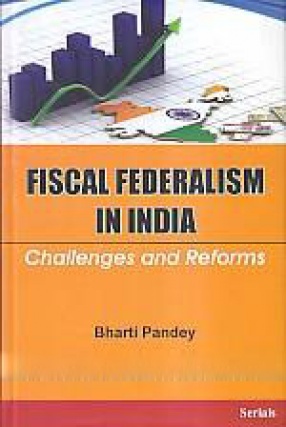Infrastructure is an umbrella term for many activities referred to as ‘social overhead capital’ and includes public utilities, public works, communication, and transport. It also includes social infrastructure and is gaining importance with growing urbanisation.
India has an ambitious programme of infrastructure investment of Rs 65.78 lakh crore during the Twelfth Five year Plan with private sector share of 47%. In addition, with growing urbanisation, more so due to emphasis on smart cities, the urban contribution to GDP will increase to 70% by 2030; and investments towards urbanisation are estimated as Rs40,000 billion during 2013-25. All these emphasise the need to analyse development and financing of various infrastructure sectors over the years.
The study is a comprehensive one as it covers different segments of infrastructure like, education, prison privatisation, power and transport sectors. Though higher education in India has expanded over the years and it has great potential and opportunities in terms of export of higher skill services, it is in crisis due to falling quality, unemployable graduates and dismal performance. Likewise, though transport system in India has registered growth, it has many bottlenecks, constraints and inadequacies. Various case studies including Delhi Metro, Noida Toll Bridge, IGI Delhi Airport, Delhi- Gurgaon NH-8, and short cases relating to urban development have been discussed to illustrate the adoption of PPP approach; to highlight areas of interest and concern; and also various policy issues relating to development and financing of infrastructure.





There are no reviews yet.